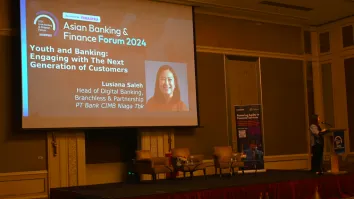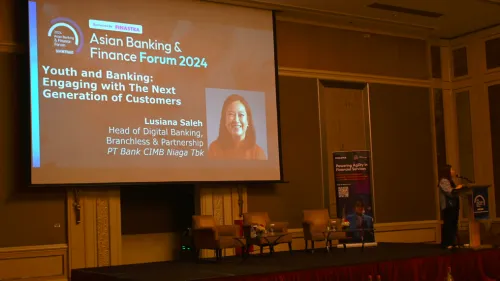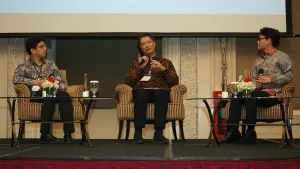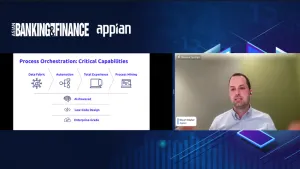Reward to retain: How to keep banking & finance go-getters from jumping ship
By Cynthia StuckeyOn average, an associate investment banker in Singapore earns SG$86,811 per year, almost double the median gross yearly income of a typical worker who earns around SG$44,500. Yet salaries well above the norm don't seem to be enough to keep banking and finance employees in one place.
Employee turnover is an endemic problem that is probably more pronounced in banking and finance than any other industry, whether in Singapore or other financial hubs in Asia.
So how do managers in a cut-throat sector, already offering large salaries, effectively engage their staff to ensure they don't lose motivation, switch off, and reinvest their expertise with a competitor?
Engagement equals retention
Banking and finance managers need to make sure their staff are highly engaged. This means having a deep sense of ownership for the organisation and strong feelings of involvement, commitment, and absorption in one's work. It is this motivation and discretionary energy – the willingness to go above and beyond, which is vital in maintaining interest and commitment to an organisation.
A survey by Towers Perrin Global Workforce Study illustrates a strong correlation between employee engagement and retention. Fifty-one percent of engaged employees have no plans to leave and only 4% are actively seeking new employment.
In contrast, 28% of disengaged employees are on the hunt for another job, while only 15% are planning to stay put.
To attract and retain talent, employers are providing salary increments of 10% to 15%; but they also know that a fat paycheque is not enough. Hence, companies are investing in personal development programmes and trainings to ensure employees are getting what they want out of their job.
One size doesn't fit all when it comes to employee engagement. Increasingly, companies are taking a more strategic approach that aims to profile employees and offer the best match engagement plans for them.
Individualistic industries
Staff in individualistic industries, such as investment banking, tend to have an 'advancement' engagement profile as opposed to those working in the non-profit/charitable industry. Someone with a strong 'advancement profile' is typically more engaged in a job where they are 'getting ahead'.
For example, a job which gives scope to build a professional portfolio of skills and contacts as well as enabling progress in position and salary would be considered desirable to most people working in banking and finance. That said, don't dismiss the four other core engagement needs of Accomplishment, Recognition, Belonging, and Enjoyment in planning a balanced engagement needs approach.
Recognising this desire and building rewards that feed this need will raise engagement for these types of employees. For this reason, employers need to proactively communicate with staff so that they are aware of their expectations in terms of skill development, progression, and remuneration to create an engaging work environment.
To identify and support employees' expectations, organisations should define an overarching employee value proposition (EVP) that applies to all operations.
Employee value propositions
An EVP is a collective array of programs that an organisation offers in exchange for committed employment and defines the 'give and the get' between a company and its employees. When an EVP is clearly communicated, employees better appreciate the value of remaining with an organisation.
There have been a number of industry studies that identify 'higher salaries' as a motivator for people working in banking and finance. Organisations in the industry therefore cannot dismiss this and should look at creating attractive bonus schemes and financial incentives as part of their EVP.
But monetary incentives should not be the sole sweetener to motivate employees, nurture top performers, and retain staff; up-skilling, career progression, and challenging work are also important elements of the EVP mix.
In the end, being fully aware of staff expectations, wants and needs, and providing a range of developmental and monetary rewards, is imperative in preventing staff from becoming disengaged and contributing to the financial industry's rising turnover rates.
















 Advertise
Advertise






